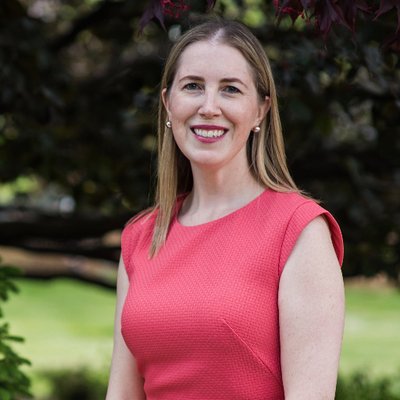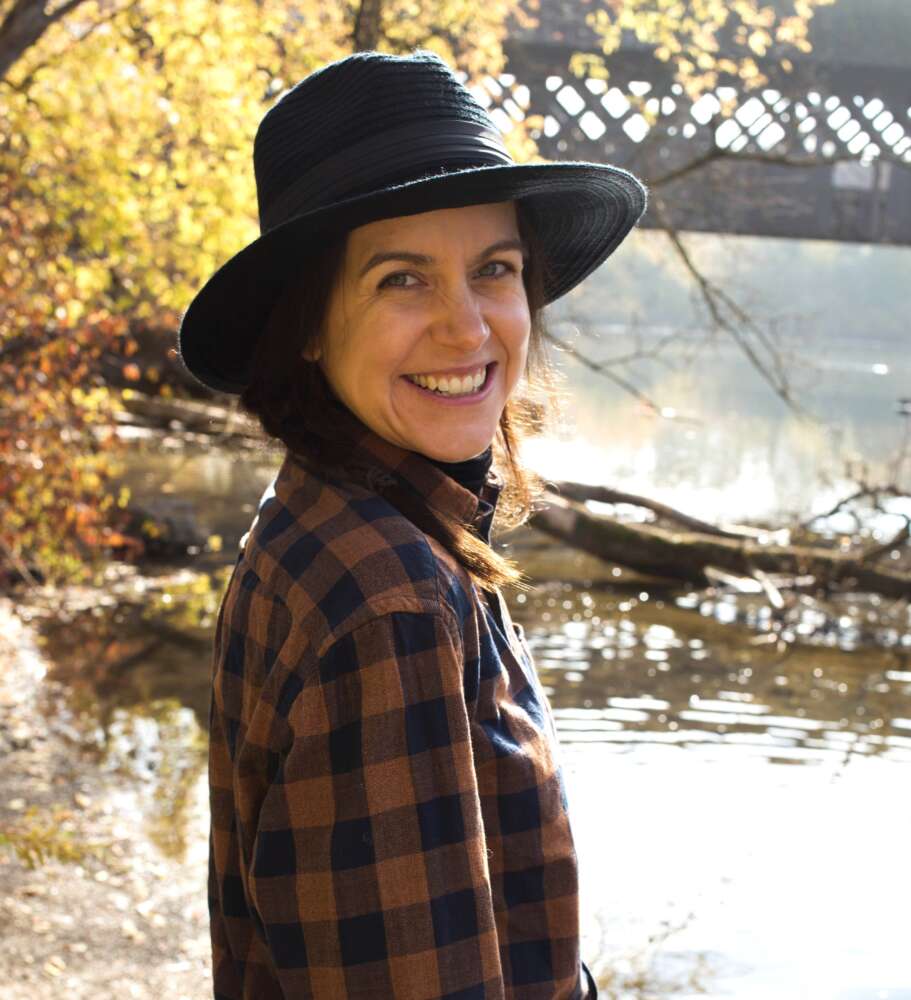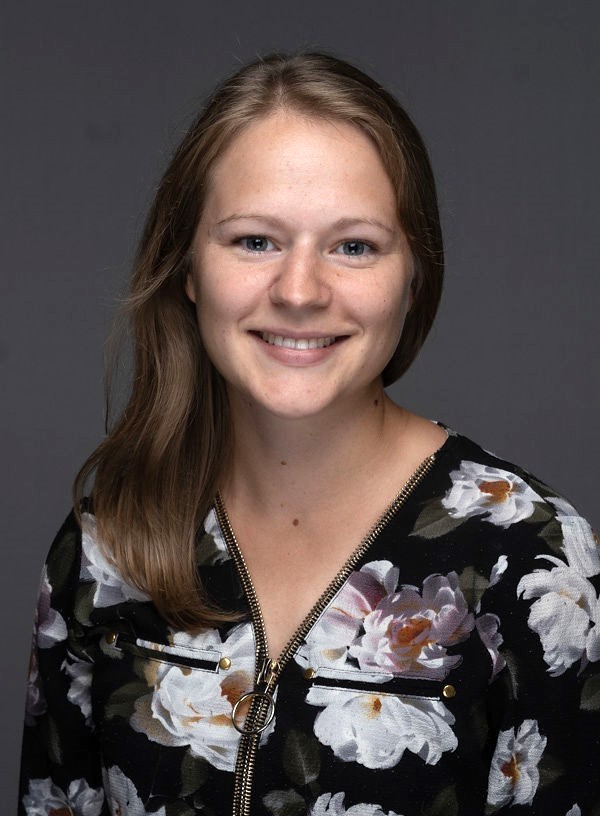Three University of Guelph researchers have been honoured by the Royal Society of Canada (RSC).
Dr. Amy Greer, Department of Population Medicine, and Dr. Brittany Luby, Department of History, have been welcomed as Members of the College of New Scholars, Artists and Scientists. This prestigious recognition honours Canada’s emerging generation of scholarly, scientific and artistic leadership. The two U of G researchers are among 58 new College members named this year.
Postdoctoral researcher Dr. Sabrina Rondeau will receive the RSC’s Alice Wilson Award on Friday, November 17. The award recognizes women of outstanding academic qualifications entering a career in research or scholarship at the postdoctoral level.
Both ceremonies will take place as part of the RSC’s annual Celebration of Excellence and Engagement, held this year in Waterloo.
“Congratulations to these three outstanding members of U of G’s research community for receiving such prestigious recognition from the Royal Society of Canada,” said Dr. Rene Van Acker, interim vice-president (research). “These honours will enable them to explore some of today’s most important concerns with a multidisciplinary network of their peers.”

Dr. Amy Greer
Dr. Greer, who holds the Tier II Canada Research Chair in Population Disease Modelling, studies how infectious diseases move and spread within human and animal populations.
With her research team, Greer has created dynamic mathematical models to understand disease transmission, compare observed and modelled data, and evaluate how measures such as vaccination, hygiene and personal protective equipment can reduce or prevent outbreaks.
Greer’s innovative methods are now routinely used to provide crucial knowledge in a public health crisis. She also leads and advises on pandemic preparedness to enable governments and industry to act quickly and decisively when the next outbreak hits.
She is now applying her methods to zoonotic diseases, which spread from animals to humans, to further support biosecurity and pandemic preparedness.
“Growing up, I lived in a small town in Ontario where we didn’t know anybody who had a PhD or was a professor, so it is strange and amazing to find myself part of this very accomplished group of individuals,” said Greer. “I look forward to working among people from all disciplines who are also thinking deeply about the challenges Canadians will face moving forward.”

Dr. Brittany Luby
Dr. Luby explores the history and living legacies of Anishinaabe–settler relations, stimulating public discussion about Indigenous issues through her academic and creative work.
Her academic research explores the social, economic and environmental impacts post-war development projects such as hydroelectric dams have had on the life practices and food systems of Anishinaabe communities in the Treaty #3 region (northwestern Ontario and southwestern Manitoba).
Luby is an award-winning children’s book author who shares Indigenous teachings with a new generation of readers. Her picture books, including the recently released Mnoomin maan’gowing / The Gift of Mnoomin, provide teachers and families Ontario with tools to help decolonize science education.
She also works with First Nations on questions of importance to their communities, such as documenting Treaty breaches and other Crown-Indigenous relations. “History is alive in us and in our communities — both Indigenous and non-Indigenous,” said Luby. “I hope that, as a Member of the College of New Scholars, Artists, and Scientists, I will be better positioned to engage in policy work, using my skills to conduct research that could help close wounds caused by colonial law.”

Dr. Sabrina Rondeau
Dr. Rondeau’s postdoctoral research focuses on wild ground-nesting bee communities and how they are affected by the direct and combined effects of global warming and agricultural practices such as tillage and pesticide use.
Her project is jointly supervised by Dr. Jessica Forrest, a professor in the Department of Biology at the University of Ottawa, and Dr. Nigel Raine, a professor in the School of Environmental Sciences at the University of Guelph.
The Alice Wilson Award honours the memory of Dr. Alice Wilson, a world-renowned paleontologist and geologist who became the first woman elected to the RSC in 1938. The annual award consists of a diploma and $1,000.
